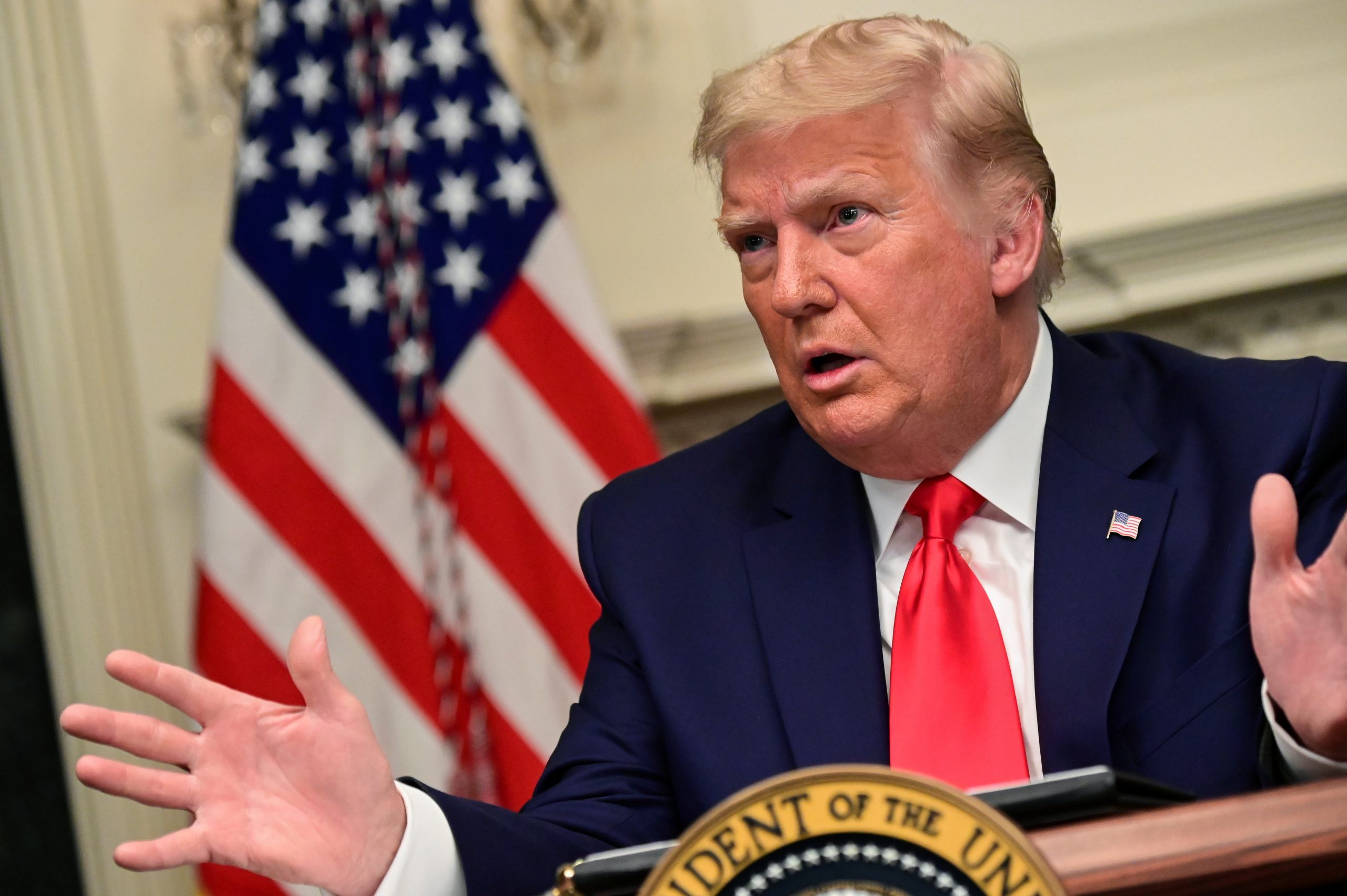U.S. President Donald Trump said on Tuesday he would veto the $740 billion National Defense Authorization Act unless it includes a measure eliminating a federal law protecting tech companies such as Facebook and Twitter.
“If the very dangerous & unfair Section 230 is not completely terminated as part of the National Defense Authorization Act (NDAA), I will be forced to unequivocally VETO the Bill when sent to the very beautiful Resolute desk,” Trump tweeted late on Tuesday.
Section 230 of the Communications Decency Act protects tech companies from liability over content posted by users, and has been under attack from Trump and Republican lawmakers, who have criticized internet platforms’ content moderation decisions accused them of stifling conservative voices.
The Internet Association, which includes Facebook, Amazon.com Inc, Alphabet Inc’s Google and Twitter, blasted Trump.
“Repealing Section 230 is itself a threat to national security. The law empowers online platforms to remove harmful and dangerous content, including terrorist content and misinformation,” the group said.
The sweeping NDAA sets policy for the Department of Defense. It has been passed annually for six decades, one of the few major pieces of legislation seen as a “must-pass” because it governs everything from pay raises for the troops to how many aircraft should be purchased or how best to compete with rivals like Russia and China.
Congressional aides expressed skepticism Trump would actually veto the legislation. Democrats won’t agree to repealing 230 because the 24-year-old law provides a vital protection to social media companies.
The aides suggested Trump’s threat was part of an effort to force revisions to Section 230 and include them in the defense bill.
This year, the Democrat-led House and Republican-controlled Senate passed versions of the bill. It is in conference, where lawmakers come up with a compromise final version.
Trump has pulled back from threats to derail legislation in the past. Early last year, Trump agreed under mounting pressure to end a 35-day-old partial U.S. government shutdown without getting the $5.7 billion he had demanded from Congress for a border wall, handing a political victory to Democrats.
(Reporting by Eric Beech,Nandita Bose, David Shepardson, Alex Alper and Mike Stone; Editing by Sandra Maler, Christian Schmollinger and Gerry Doyle)

























 Continue with Google
Continue with Google